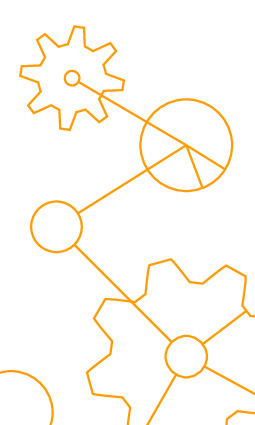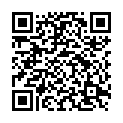|
|
|
| Module code: WIMAS-980 |
|
1V+1U (2 hours per week) |
|
2 |
| Semester: 2 |
| Mandatory course: yes |
Language of instruction:
German |
Assessment:
Written exam
[updated 30.07.2021]
|
WIMAS-980 Industrial Engineering, Master, ASPO 01.10.2011
, semester 2, mandatory course
|
30 class hours (= 22.5 clock hours) over a 15-week period.
The total student study time is 60 hours (equivalent to 2 ECTS credits).
There are therefore 37.5 hours available for class preparation and follow-up work and exam preparation.
|
Recommended prerequisites (modules):
None.
|
Recommended as prerequisite for:
|
Module coordinator:
Prof. Dr. Daniel F. Abawi |
Lecturer: Prof. Dr. Daniel F. Abawi
[updated 03.07.2009]
|
Learning outcomes:
After successfully completing this module, students will be familiar with selected methods for the practice-oriented use of information and communication technology, especially the Internet. They will have mastered the basic structure of computer networks, will be familiar with important Internet services and Internet applications, and will have mastered the basics of creating Web pages.
[updated 30.07.2021]
|
Module content:
Lecture:
1. Local networks (Ethernet, Fast Ethernet, Wireless Lan)
2. Internet protocols (TCP/IP, IP addressing, routing)
3. Internet services and applications (Domain Name System, email, WWW, newsgroups)
Exercises:
4. Creation of web pages using a web editor (e.g. Frontpage)
[updated 30.07.2021]
|
Teaching methods/Media:
Presentation using video projector, transparencies, PC
[updated 30.07.2021]
|
Recommended or required reading:
Badach, Rieger, Schmauch: Web-Technologien, Hanser Verlag 2003.
Riggert: Rechnernetze, Fachbuchverlag Leipzig 2005.
Sikora: Technische Grundlagen der Rechnerkommunikation, Fachbuchverlag Leipzig 2003.
Stein: Taschenbuch Rechnernetze und Internet, Fachbuchverlag Leipzig 2004.
[updated 30.07.2021]
|


